Trump seeing the light on free trade? Perhaps
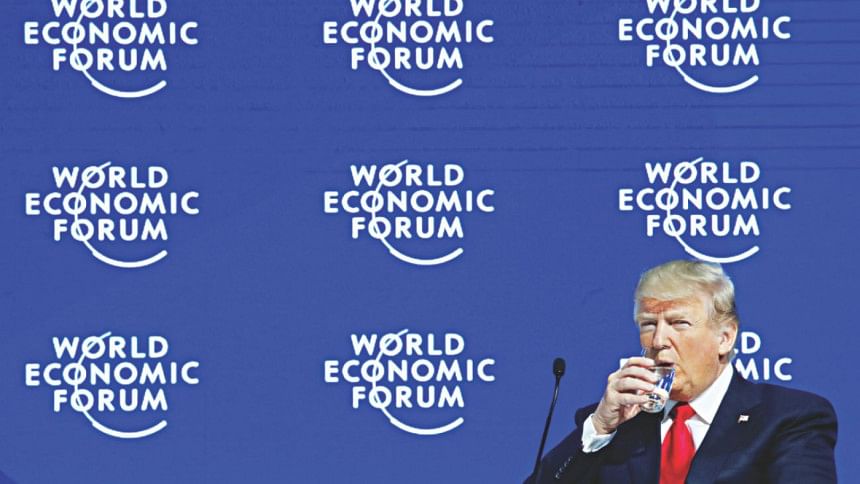
US President Donald Trump may have realized his "America First" policy risks leaving the US alone on trade, but analysts are skeptical his latest offer to rejoin a multilateral trade pact will bear fruit.
Trump went to the free-trade bastion World Economic Forum in Davos, Switzerland and offered the possibility that the US would rejoin the Trans-Pacific Partnership.
That came a year after one of his first official acts as president was to withdraw from the deal, and only days after the 11 remaining TPP countries agreed to proceed with the accord in the absence of the United States.
That decision to go ahead without the US "really got under his skin," said Monica de Bolle of the Washington-based Peterson Institute for International Economics.
But Trump also plays to the crowd, which makes some wonder if he will follow through.
In his speech Friday to a packed audience in Davos, Trump said the US would consider negotiating with its onetime TPP partners "either individually, or perhaps as a group, but only "if it is in the interests of all."
In Davos the signal, although vague, was well received by the free-market loving audience, which included the who's who of the world's economic and political elite.
The TPP was initially a US-led project that, while deliberately excluding Washington's rival China, would have accounted for 40 percent of global gross domestic product, one of the most important economic indicators.
Trump dumped the deal in the belief it would punish US workers by allowing companies to hire cheaper labor abroad.
His first year in office has been marked by a huge increase in trade complaints against various countries, especially China.
"With President Trump and trade policy, the world has learned to have to 'wait and see.' There can sometimes be a large gulf between his words one day and his policy actions the next," Chad Bown of the Peterson Institute told AFP.
Gregory Daco of Oxford Economics said he is not confident Trump is set to do "a 180 on trade."
Just before going to Davos he "took a much more protectionist stance," imposing import tariffs on washing machines from South Korea and solar panels from China, and there are a host of decisions looming on steel and aluminum from China, he noted.
The hint of a possible change of heart could be the result of urging from the business community which benefits from free trade deals.
Edward Alden, of the New York-based Council on Foreign Relations, told AFP that "the biggest story here is he is under pressure from business not to embrace" a radically protectionist trade policy agenda.
"Trump clearly received this message," Alden said.
The business community certainly has ramped up its efforts to convince the administration to preserve the North American Free Trade Agreement (NAFTA), which Trump also threatened to tear up.
US, Canadian and Mexican officials will continue the latest round of talks to salvage the accord this weekend in Montreal.
"I think there is a realization that you can't just be America First, and America alone, you have to be America with others," Daco said.
But he cautioned, "I'm not that confident honestly" that Trump will follow through on the TPP offer.
Daco said that Trump, now returned to Washington, will have other major issues looming including reaching a budget agreement to prevent another government shutdown, raising the federal debt limit, and the investigation into possible election campaign collusion with Russia.
"At home you tend to forget what you said," Daco noted.

 For all latest news, follow The Daily Star's Google News channel.
For all latest news, follow The Daily Star's Google News channel. 


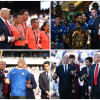
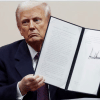
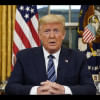
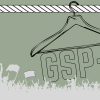


Comments